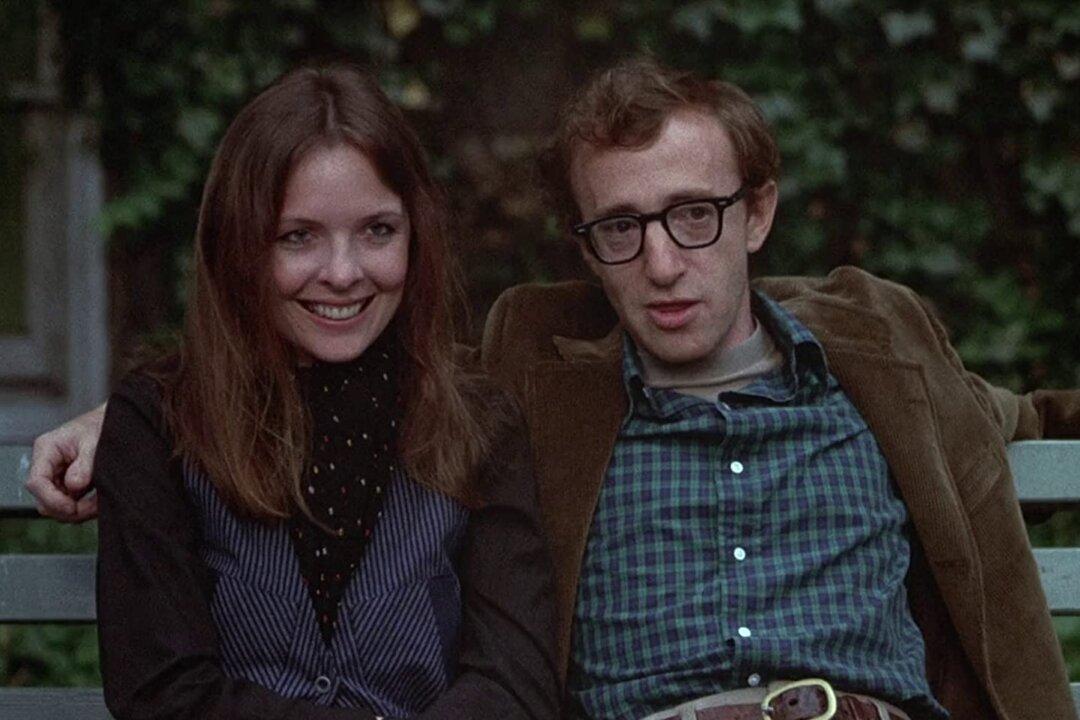“Annie Hall” won four Oscars at the 50th Academy Awards in 1977, including for best picture, beating out “Star Wars.” This is Woody Allen’s signature film and masterpiece, and definitely his most popular.

Annie Hall (Dianne Keaton) and Alvy Singer (Woody Allen) in "Annie Hall." United Artists

Mark Jackson
Film Critic
|Updated:
Mark Jackson is the senior film critic for The Epoch Times and a Rotten Tomatoes-approved critic. Mark earned a bachelor's degree in philosophy from Williams College, followed by classical theater conservatory training, and has 20 years' experience as a New York professional actor. He narrated The Epoch Times audiobook "How the Specter of Communism Is Ruling Our World," available on iTunes, Audible, and YouTube. Mark is featured in the book "How to Be a Film Critic in Five Easy Lessons" by Christopher K. Brooks. In addition to films, he enjoys Harley-Davidsons, rock-climbing, qigong, martial arts, and human rights activism.
Author’s Selected Articles




